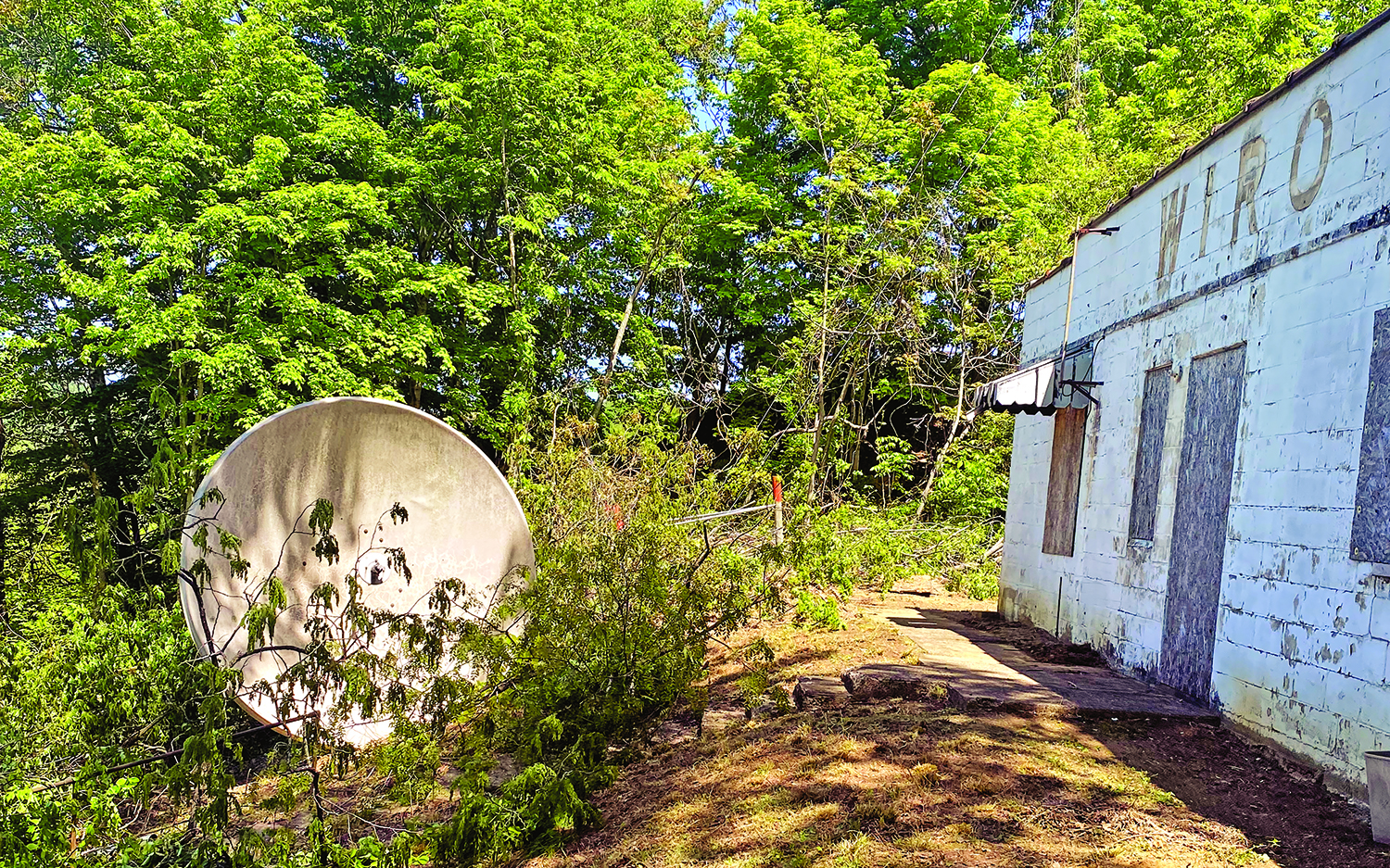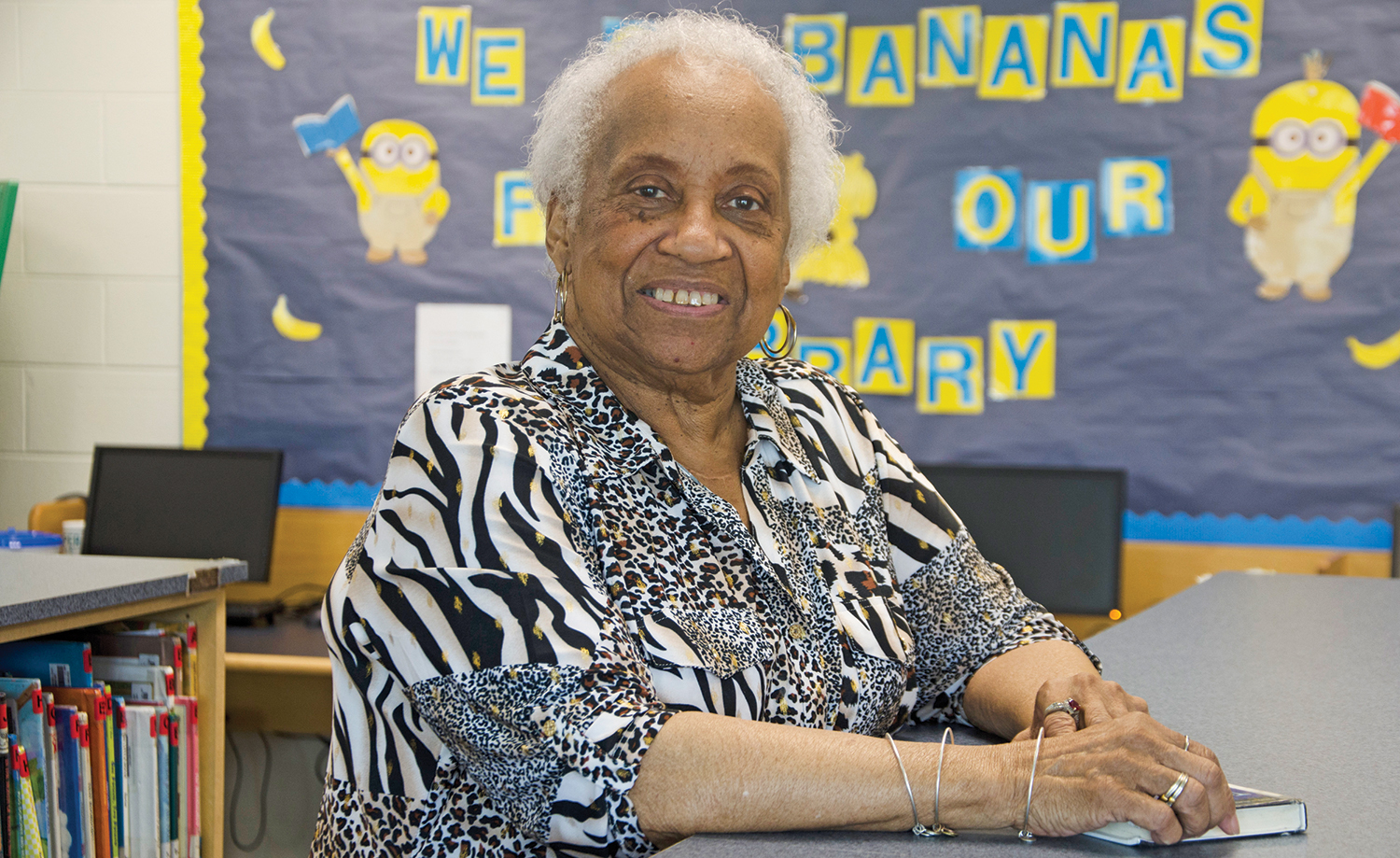Church pays homage to founder
Published 12:00 am Monday, May 3, 2004
Standing in an almost forgotten cemetery, a group of churchgoers honored the founder of their spiritual home in a way he would have certainly found fitting - they prayed.
Approximately a dozen members of the Storms Creek Missionary Baptist Church met Saturday for a breakfast fellowship before gathering for a prayer service at the gravesite of the church's founder, John Lee.
"Well, there's the fellow who got it all started," said the Rev. Jim Orrick, pastor of the church, as the men came to the recently cleared hillside.
Lee and his wife are buried at the Henry Cemetery just off Deep Cut Road, north of U.S. 52 in Ironton.
After a few minutes of walking around and taking in the scenery, the men gathered in a circle near Lee's grave, bowed their heads and began praying.
"We thank you for the legacy of John Lee, for his faithfulness," Orrick said in prayer. "We want to give thanks for his vision and missionary spirit."
Who was Lee?
Not much is known about John Lee, the man who spent the majority of his life founding churches and leading congregations throughout southeast Ohio: and what is now West Virginia.
Lee started at least five churches in southeast Ohio, Storms Creek, Ice Creek, Solida, Symmes Creek and Providence Baptist churches.
All but Providence are still in existence. Orrick said he has been unable to find much information on where Providence was originally located and its ultimate fate.
Lee also founded churches in what is now Ona, W.Va., and Teays Valley, W.Va.
"Take into consideration that he rode a horse to all of these places," said church member Darwin Haynes.
Lee was born in Culpepper County, Va., Orrick said.
"I don't know exactly when he came to Ohio, but it was before 1814," Orrick said, adding that Lee founded Storms Creek in that year.
Despite a number of rumors that John Lee was an uncle of Confederate Civil War General Robert E. Lee, Orrick said he has found no evidence to support that.
In fact, he feels he has evidence to the contrary.
"(John Lee) was illiterate when he was saved," Orrick said. "Robert E. Lee's family was aristocrats. I think it's wishful thinking, just because he was from Virginia, too."
Renewed interest
Orrick, pastor of the church for 40 years, said he first discovered the location of John Lee's grave several years ago.
One of the church's elder members, Billy Heighton, told Orrick that Lee was buried in the Henry Cemetery.
"I remember the excitement I felt when, after tramping back and forth through the weeds, briers and honeysuckle, I finally found what I was looking for - the grave of John Lee," Orrick wrote in the church's newsletter.
The newsletter article sparked the interest of a number of church members. They gathered with chainsaws, weed cutters and other gardening utensils to clear a path to the gravesites.
"I didn't know where it was," said member Kenny Hurst. "It made me interested about our history. It's important that we pass along that history to our children."
The men held the prayer service as a way to honor Lee's memory.
The future
Church members hope local government workers can help clear the remainder of the cemetery to protect it before it's lost forever.
Some headstones are barely visible through the brush and saplings. Others have succumbed to Mother Nature and are lying flat on the ground, almost buried.
"I just think of all the other tombstones, too," said church member Randy Jones. "It's 150 years old."
"I'd like to see it cleaned up and the stones reset," Orrick said.
Haynes said church members are researching the cost of putting a small permanent marker to place next to Lee's grave to permanently honor him.
For now, the epitaph on Lee's gravestone speaks to the man's legacy.
"My life is past, and I am called from my churches home."
Anyone interested in helping with the upkeep of the cemetery is asked to call the church.





